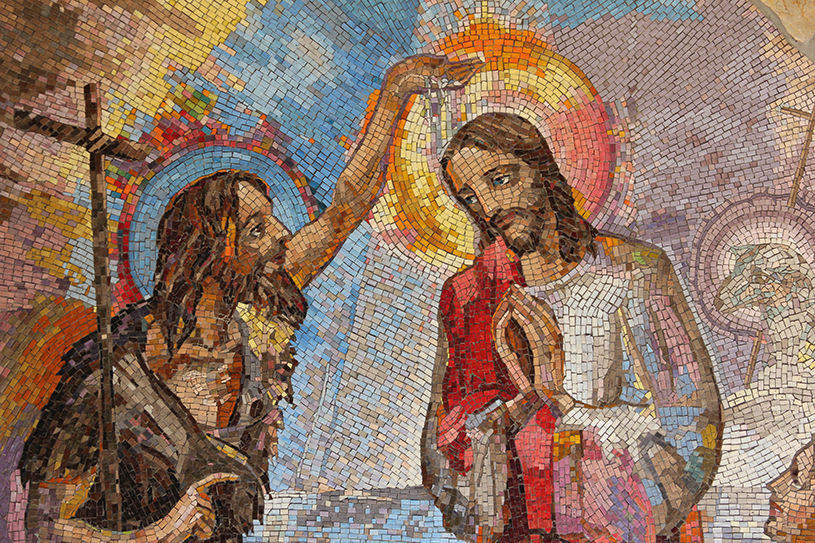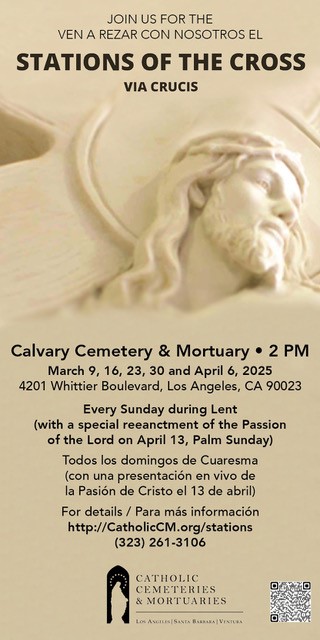“The kingdom of heaven is at hand,” John proclaims. And the liturgy paints us a vivid portrait of our new king and the shape of the kingdom he has come to bring. The Lord whom John prepares the way for in the Gospel is the righteous king prophesied in the first reading and psalm. He is the king’s son, the son of David — a shoot from the root of Jesse, David’s father (see Ruth 4:17).
He will be the Messiah, anointed with the Holy Spirit (see 2 Samuel 23:1; 1 Kings 1:39; Psalm 2:2), endowed with the seven gifts of the Holy Spirit — wisdom, understanding, counsel, fortitude, knowledge, piety and fear of the Lord.
He will rule with justice, saving the poor from the ruthless and wicked. His rule will be not only over Israel — but will extend from sea to sea, to the ends of the earth. He will be a light, a signal to all nations. And they will seek him and pay him homage.
In him, all the tribes of the earth will find blessing. The covenant promise to Abraham (see Genesis 12:3), renewed in God’s oath to David (see Psalm 89:4, 28), will be fulfilled in his dynasty. And his name will be blessed forever.
In Christ, God confirms his oath to Israel’s patriarchs, Paul tells us in the epistle. But no longer are God’s promises reserved solely for the children of Abraham. The Gentiles, too, will glorify God for his mercy. Once strangers, in Christ they will be included in “the covenants of promise” (see Ephesians 2:12).
John delivers this same message in the Gospel. Once God’s chosen people were hewn from the rock of Abraham (see Isaiah 51:1-2). Now, God will raise up living stones (see 1 Peter 2:5) — children of Abraham born not of flesh and blood but of the Spirit.
This is the meaning of the fiery baptism he brings — making us royal heirs of the kingdom of heaven, the Church.
Scott Hahn is founder of the St. Paul Center for Biblical Theology, stpaulcenter.com.

